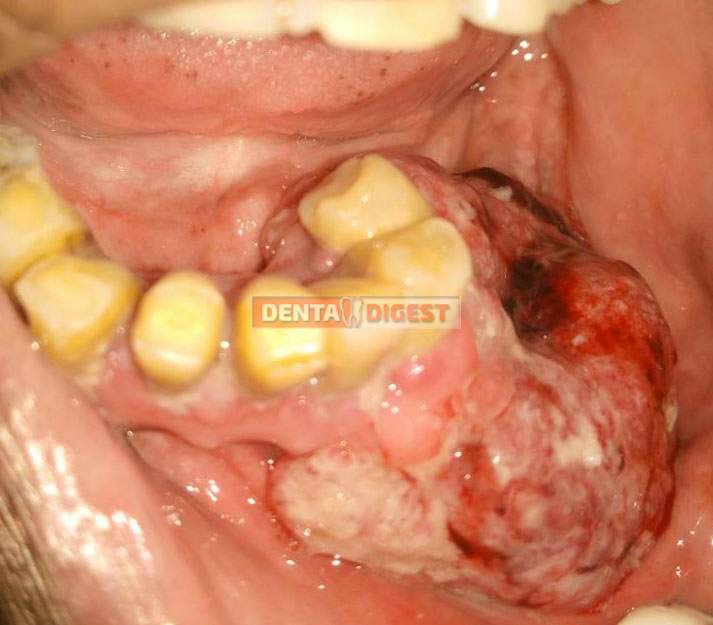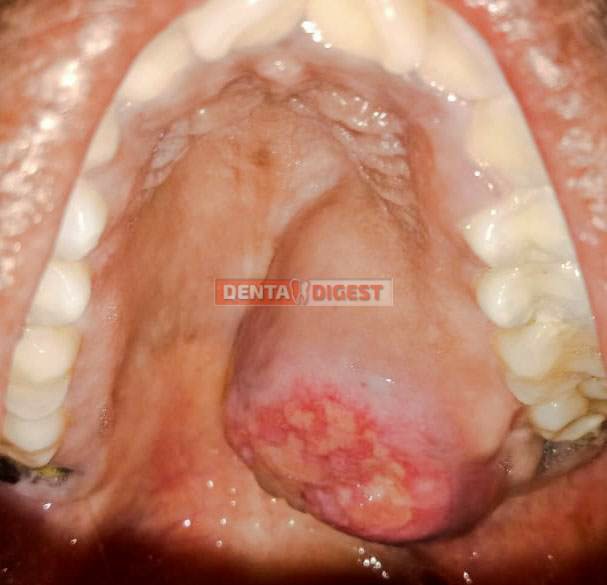Table of Contents
Introduction
Oral cancer is a serious and potentially fatal disease that affects millions of people around the globe. Early detection is essential for enhancing outcomes and increasing the likelihood of effective treatment. By becoming familiar with the signs and symptoms of oral cancer, you can take preventative measures to identify potential problems and seek prompt medical attention. The significance of regular self-examinations and professional screenings will be emphasized as we discuss how to identify oral cancer in this article.
Recognizing Oral Cancer
Cancer that develops in any part of the mouth, including the lips, tongue, cheekbones, floor of the mouth, and hard and soft palate, is referred to as oral cancer.
Certain risk factors, such as tobacco and alcohol use, human papillomavirus (HPV) infection, a compromised immune system, and excessive sun exposure, increase the likelihood of contracting the disease.
Warning Signs and Symptoms
Persistent Mouth Sores/ulcers

Pay close attention to any mouth sores or ulcers that do not resolve within two weeks. These wounds may or may not be painful and may or may not hemorrhage.
Take the first step to a better Oral health!
Get tips on Oral health and discover ways to improve your Dental health. Sign up today
Red or White patches

Examine the inside of your mouth, gums, and tongue for any red or white spots. These regions may have an irregular form and a velvety or coarse texture.
Undiagnosed Bleeding

Observe any bleeding in your mouth, pharynx, or gums that is unexplained. This includes hemorrhaging that occurs for no apparent reason or that persists for an extended period of time.
Inflammation or Lumps

Examine your jaw, neck, and face for lumps, thickening, rough patches, and swelling. These abnormalities could be indicative of oral malignancy.
Persistent throat pain or hoarseness
Be mindful of a persistent sore larynx, hoarseness, or voice changes lasting longer than two weeks.
Problems with Swallowing or Chewing
Notate any discomfort or difficulty while swallowing, chewing, or moving your tongue or mandible. These symptoms could indicate oral malignancy.
Tingling sensation or Pain
Be aware of any persistent numbness, pain, or sensitivity in your mouth, gums, or tongue. These sensations could indicate oral malignancy.
Self-Examinations
Regular self-examinations can aid substantially in the early detection of oral cancer. Follow these procedures to conduct an examination of oneself:
- Utilize a mirror in a well-lit area to examine the interior of your mouth.
- Examine your lips, gums, tongue, cheeks, palate, and the back of your mouth. Consider any of the symptoms and indications listed above.
- Using your fingertips, feel the inside of your mouth for any lumps, bumps, or abnormalities.
- If you experience persistent or concerning symptoms, schedule an appointment with a dental professional immediately.
The Importance of Expert Examinations
In addition to self-examinations, routine professional screenings are essential for oral cancer detection and prevention.
During routine dental examinations, dentists and oral health professionals are trained to identify potential oral cancer indicators. If necessary, they may perform additional procedures, such as a biopsy.
Nine Steps to Validate the Diagnosis of Oral Cancer
- Visit your family dentist and have an oral checkup. Let him diagnose the condition.
- Ask for a consultation with an oral physician / oral medicine expert. Make an appointment with an oral physician.
- Have a thorough consultation with the oral physician and clarify all your doubts. Explain your health condition to him.
- In case of any systemic conditions like diabetes or hypertension, reveal it.
- Let him diagnose the condition. He may ask for a few investigations, which include blood and biopsy. Co-operate with him.
- The biopsy is a confirmatory test for Oral cancer. The biopsy report can identify the right condition.
- After confirmation, the physician may advise a few medications for symptomatic relief. Use medication regularly without fail. Skipping medication is not advisable.
- In case of a positive diagnosis, your dentist might refer you to a higher center or a Cancer institute.
- In case you are not satisfied with the diagnosis, have a second opinion with another Oral medicine expert.
Conclusion
Early detection of oral cancer is essential for effective treatment and improved outcomes. You can become more aware of any changes in your oral health if you remain vigilant and conduct routine self-examinations.
Remember to seek regular professional dental care and screenings, particularly if you have oral cancer risk factors.
Together, we can strive towards the early detection and effective treatment of oral cancer, thereby ensuring a healthier future for all.
- Steiner’s Cephalometric Analysis – Free cephalometric analysis - June 7, 2025
- COGS CEPHALOMETRIC ANALYSIS – FREE TO USE - June 7, 2025
- Can You Eat on Root Canal Treated Teeth? Everything You Need to Know - May 18, 2025



